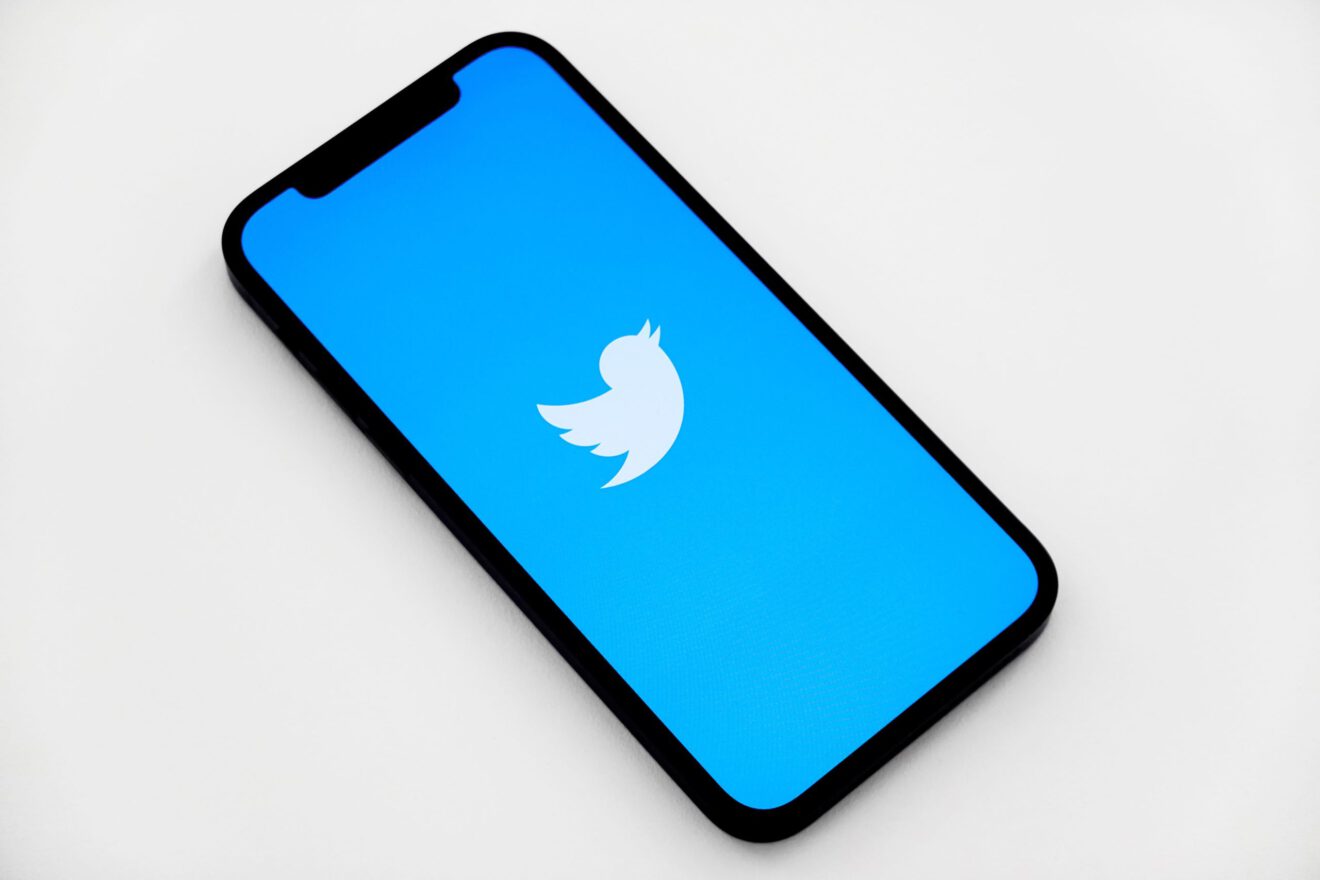Elon Musk’s $44 billion deal to purchase Twitter has marketers wondering whether his ownership will change advertising on the platform.
Two major changes that could affect marketers are the introduction of an “edit” button and the replacement of an advertising business model with subscriptions, writes Shuba Srinivasan, a professor of marketing at the Questrom School of Business, at BU Today.
Srinivasan explains how an “edit” button could lead to more disinformation, distrust and a lack of transparency on Twitter, while a shift to a subscription-based model would not only lead to fewer advertising opportunities for brands but a deterioration in the content moderation that advertisers were instrumental in improving.
The issue of content moderation is a major one for marketers, and Musk’s support of free speech and his criticism of over-moderation on social platforms points to a possibly less brand-safe environment.
But the indication that Musk might want to scrap advertising in favor of subscriptions could be the most significant change.
No more Twitter advertising?
Twitter currently relies primarily on advertising for revenue, so a shift in that approach could have sweeping consequences for marketers.
Twitter’s revenue surpassed $5 billion last year, a 37% year-over-year increase, and the company is projected to reach $7.5 billion in revenue by 2023, according to Hootsuite. Of that $5 billion in 2021, $4.5 billion was generated by advertising, with the remainder coming from data licensing, Statista reports.
Twitter started testing a subscription service last year in select markets, including the US. The service, called Twitter Blue, offers subscribers ad-free news articles, an “undo” button and other perks for $2.99 per month. There are still ads within the current iteration of its subscription experience.
Musk wrote in a series of now deleted tweets that Twitter Blue should become entirely ad-free, cost less and give subscribers a blue verification check, Scott Nover reports in Quartz.
How marketers can prepare
It’s unclear whether any of Musk’s plans will come to fruition, and the potential dismantling of content moderation has already sparked a warning from the European Union regulator, the Wall Street Journal reports.
But how can marketers prepare if Musk’s takeover does result in a less ad-friendly, brand-safe Twitter?
Diversifying your marketing strategy across platforms and nurturing multiple channels to reach target audiences continues to be an important strategy to mitigate against such risks.
It’s something marketers seem to understand: Just 18% of global marketers use Twitter for paid advertising, while 62% use it for organic content, per Statista.
Perhaps that’s where marketers should continue to focus – building communities of loyal brand followers and serving them with valuable, entertaining organic content.
Subscribe to our free newsletter to get the latest marketing news and insights direct to your inbox.
